EIT shows Europe’s innovation engine is still running
Europe has no shortage of gifted founders, curious researchers and determined innovators, even as the continent wrestles with how to close its innovation gap and sharpen its competitive edge.
This was particularly evident for anyone who attended the EIT Innovation Awards 2025, which brought Europe’s innovation community to Budapest on November 25 for a full day of pitches, prizes, policy debate and networking.
The event, organised by the European Institute of Innovation and Technology (EIT), showcased not only award winners but the wider ecosystem that supports them from research to real world deployment.
From the moment the opening press conference began in the morning, the tone was set by a frank assessment of Europe’s strengths and weaknesses.
“Ecosystems are grown, not made,” said Stefan Dobrev, Chairperson of the EIT Governing Board, as he spoke about the long work of building trust between universities, entrepreneurs, investors and governments.
“Europe does not lack research or brilliant ideas, but we are often slow at turning them into products and services that reach the market,” he said. “EIT was created as a bridge between research and entrepreneurs and companies that bring products to market.”
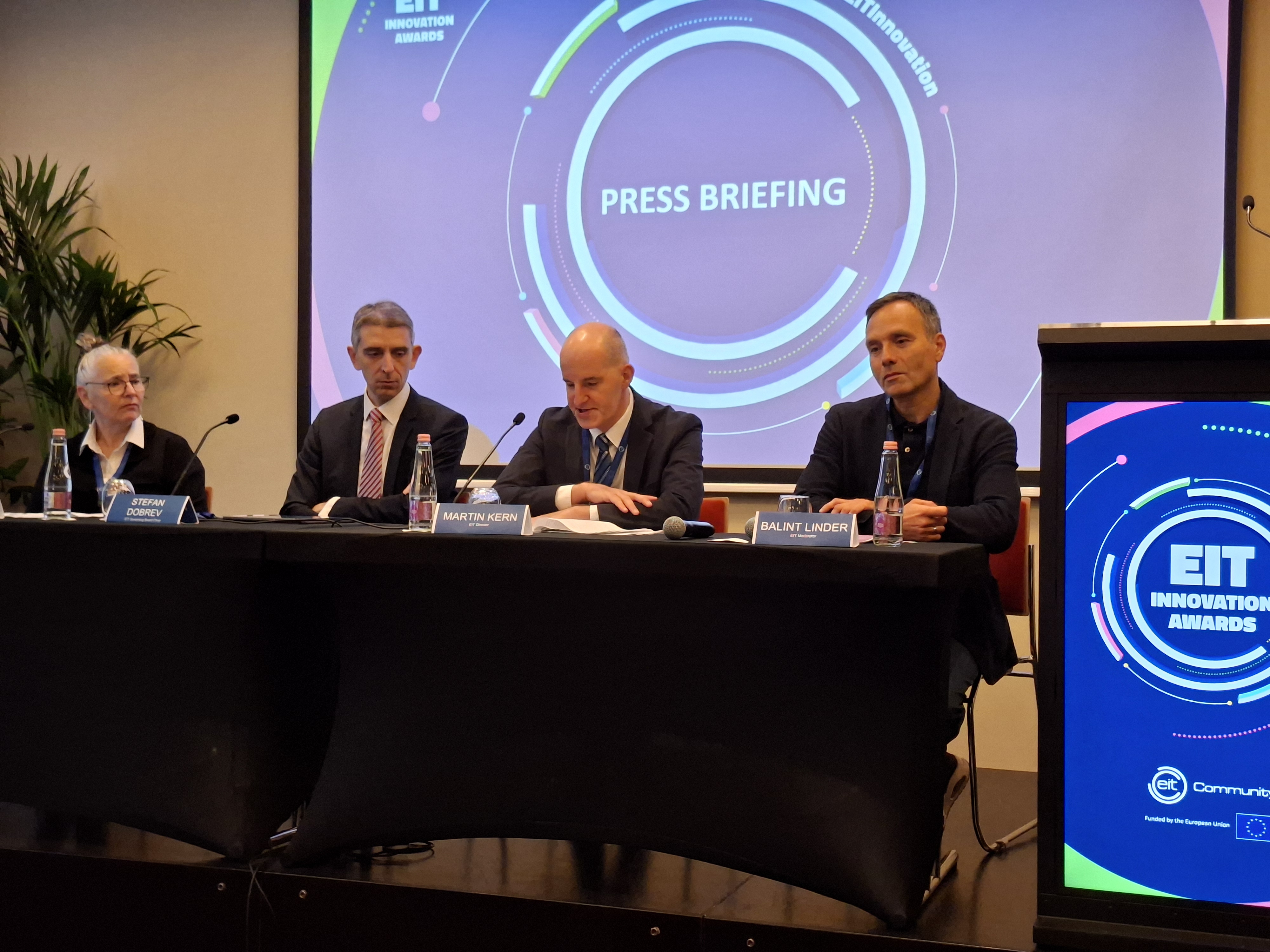
He also referenced the Draghi report and its warning that Europe risks falling behind without stronger competitiveness and more coordinated innovation.
“Communities of trust allow people to take risks and develop solutions that would never emerge inside a single institution,” he stated.
Moreoever, he pointed to smaller countries as particularly important engines of innovation when properly connected to European markets.
He explained that small states like Malta or Cyprus can develop great technology that needs a bridge to larger markets, and this is exactly where EIT plays a role.
He gave the example of battery technology from Romania now being used across the EU as proof that innovation no longer belongs to any single geography.
Martin Kern, Director of the EIT, reinforced the message that scale matters in modern innovation.
“For every euro invested by the EU into EIT, five euros are mobilised from the market,” he said.
He mentioned that the organisation’s impact extended far beyond startup funding alone.
“Over 1.3 million learners have already passed through EIT education and training programmes,” he said.
He stressed that innovation capacity was as much about skills as technology.
“Deep tech innovations do not happen without people who know how to build companies, not just laboratories,” he said.
He added that EU institutions had recognised the EIT’s contribution and continued to demand greater results.
“We receive positive feedback, but we constantly challenge ourselves to be better,” he stated.
One of the strongest examples he gave was clean energy. “Hydrogen technologies supported by EIT have already helped one company raise 22 million euro,” he said.
He also highlighted biotech ventures using digital models of human cells to accelerate drug development.
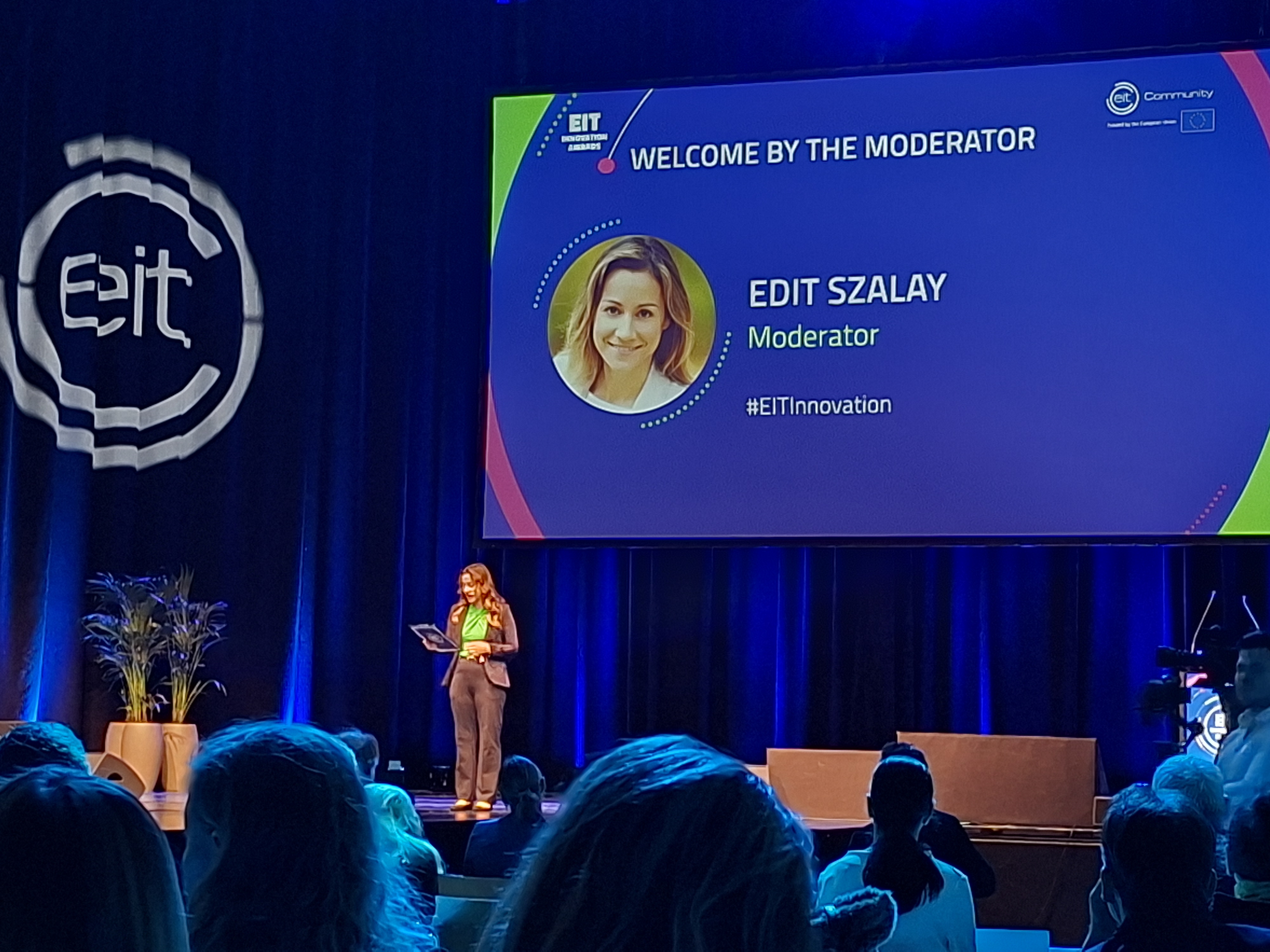
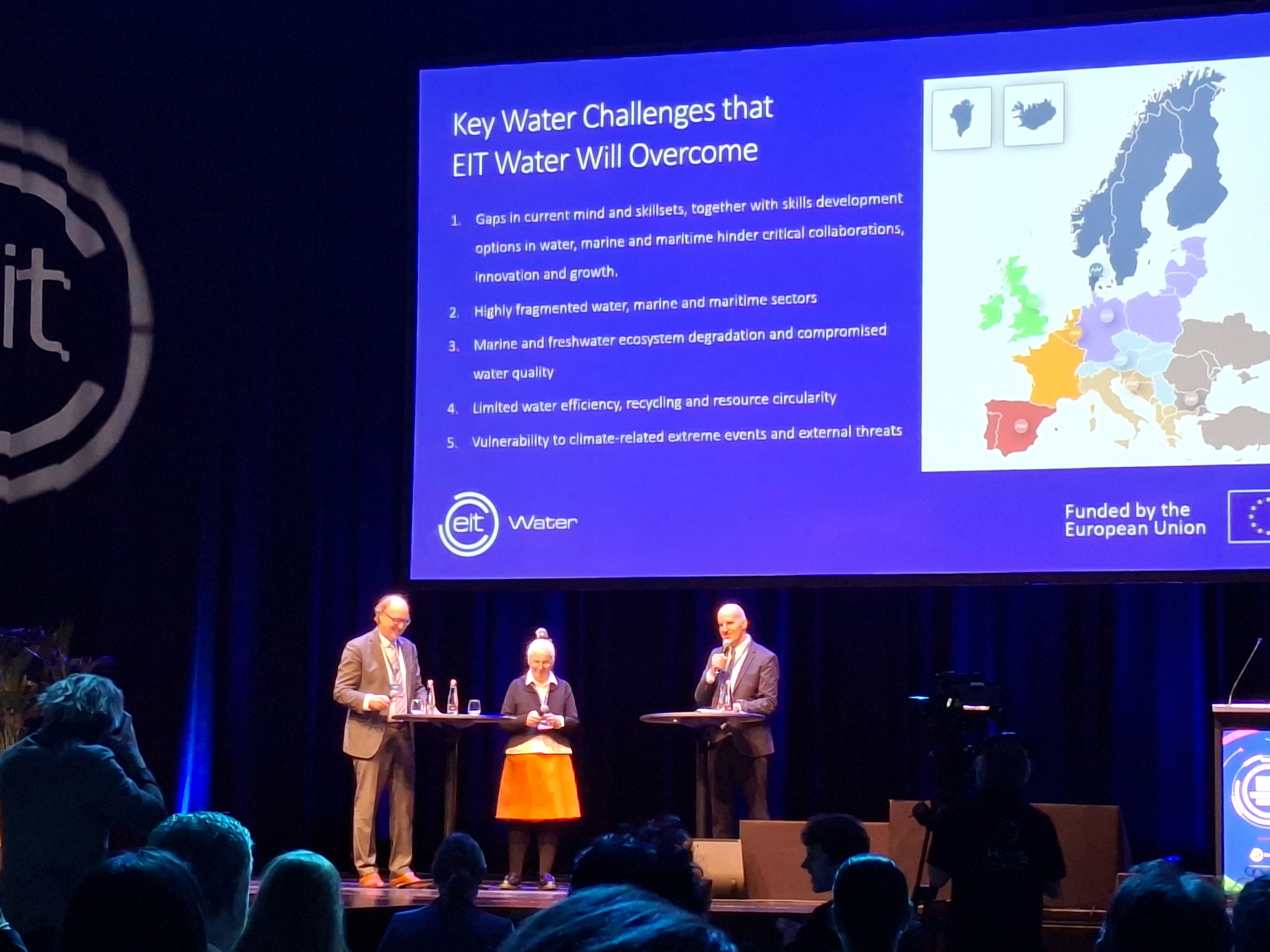
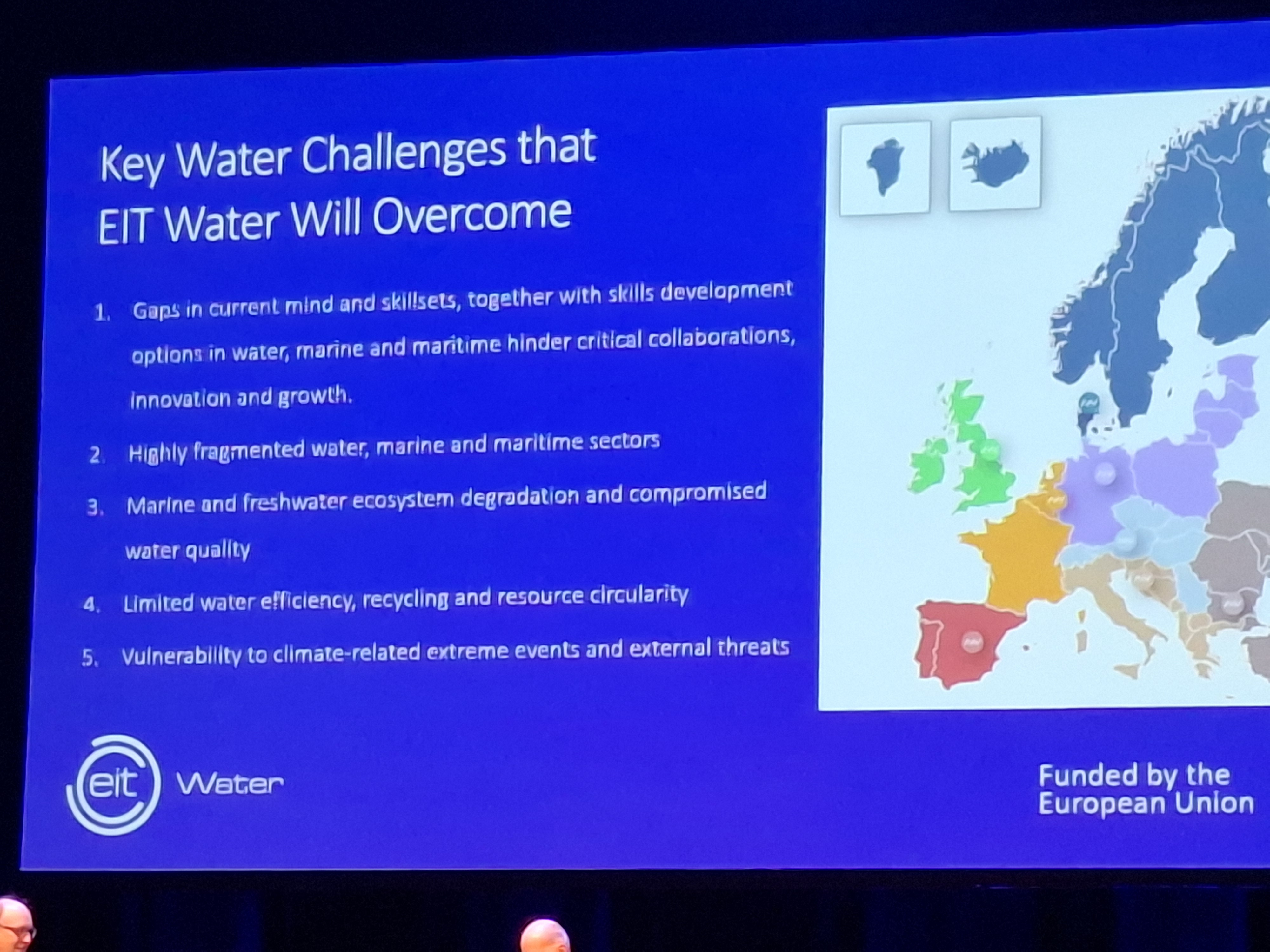
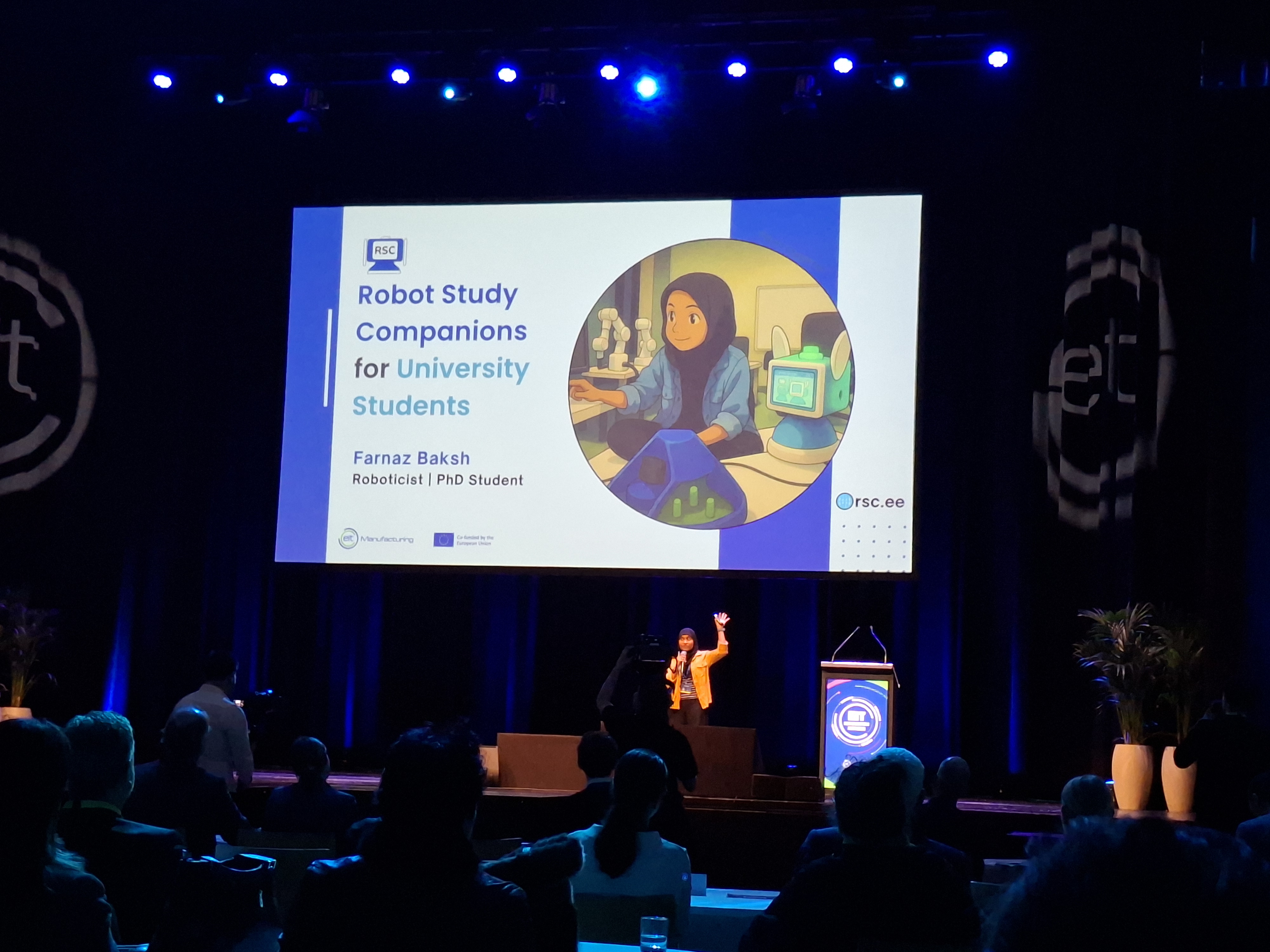
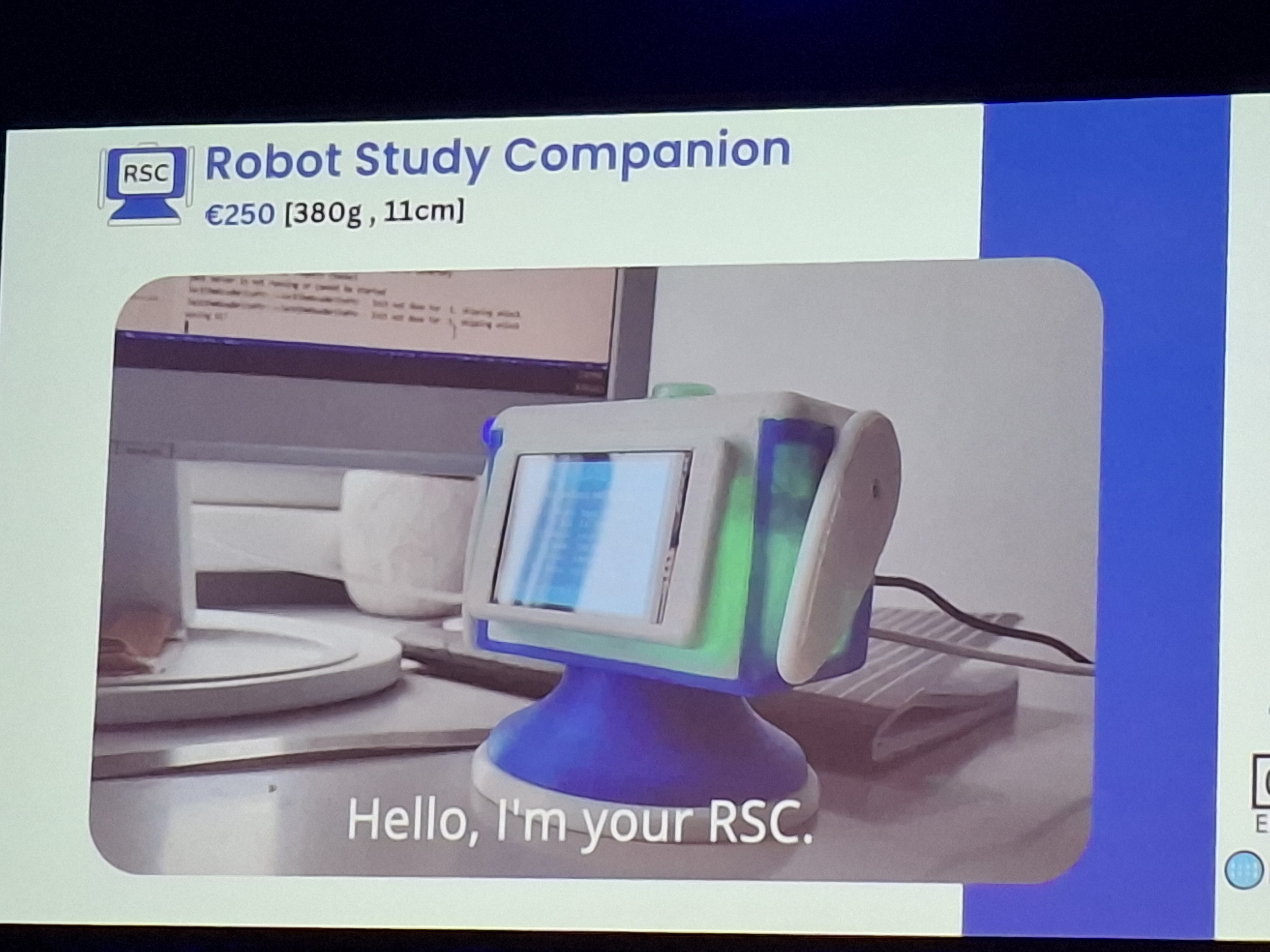
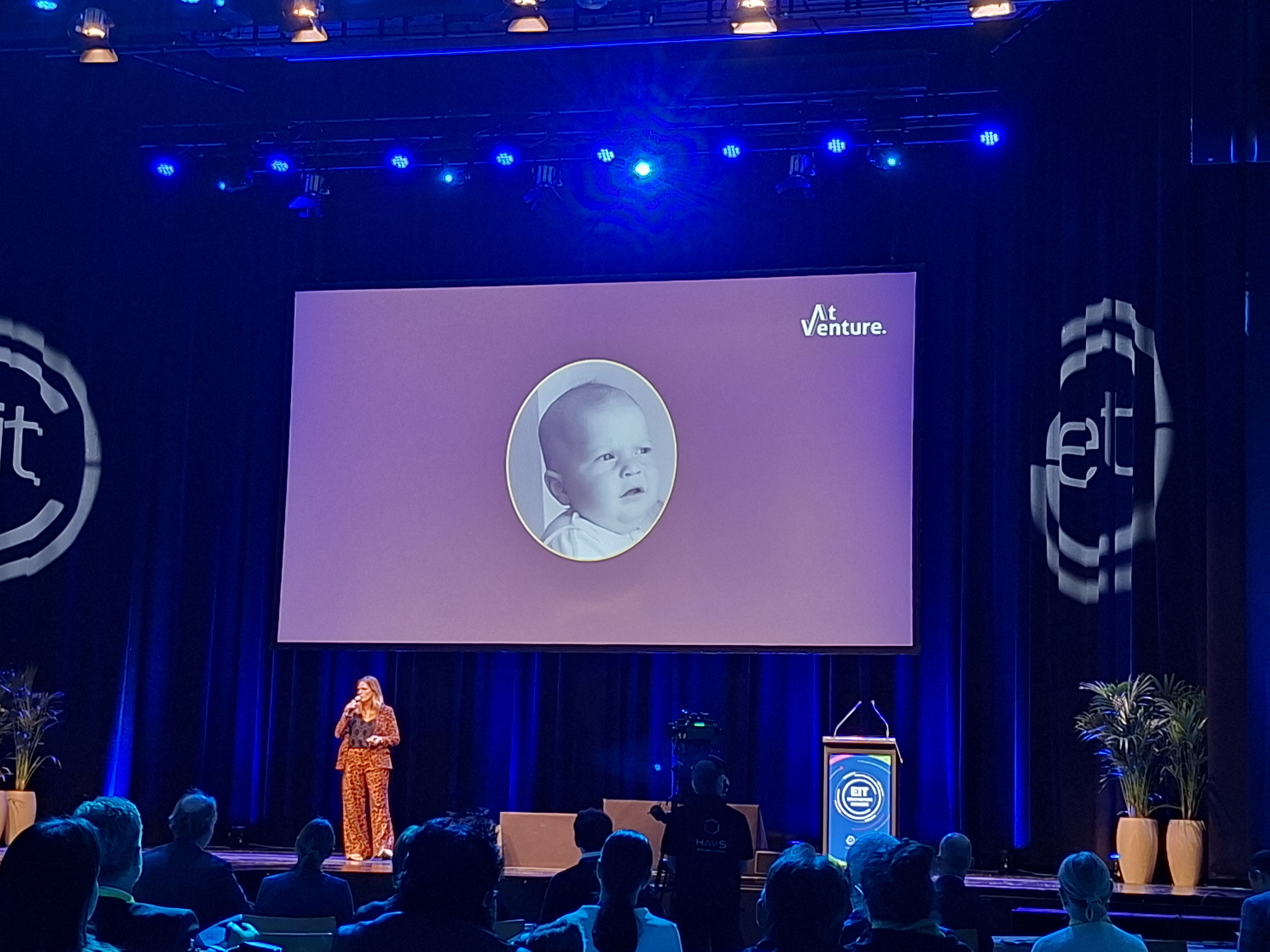
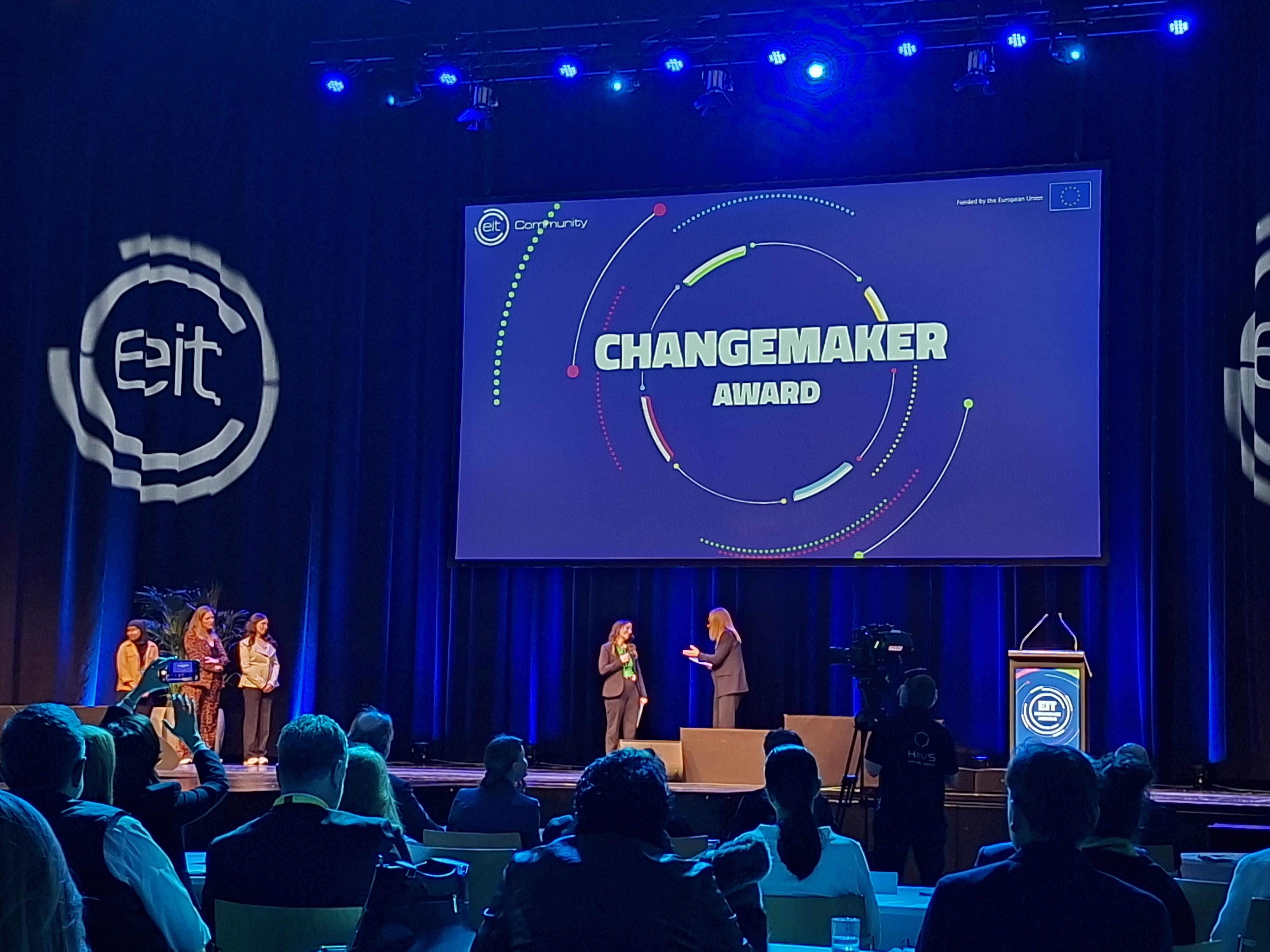
“These are real jobs, real investments and real European companies,” he said.
The press conference also introduced Europe’s newest Knowledge and Innovation Community (KIC), EIT Water.
Michelle Williams, EIT Water Coordinator and Vice Dean for Talent Development and Internationalisation at Aarhus University, outlined why water is becoming one of Europe’s most urgent innovation frontiers.
“Europe faces rising water scarcity and worsening pollution at the same time,” she said.
“Climate change and human activity are putting our water systems under pressure in ways we have never seen before,” she added.
She further explained that expertise already exists, but is scattered across countries, universities and industries.
“We need to move from isolated silos to thinking of water as a shared European landscape,” she said.
Williams stated that EIT Water would focus strongly on circular water use.
“We must treat water as something to be reused and recirculated, not something we consume once and discard,” she said.
When asked by the Cyprus Mail on Southern Europe’s involvement in this initiative, she pointed out that that “there are already co location centres in Málaga, Croatia and the Black Sea,” explaining that southern European member states cluster around these centres.
She confirmed that Greek, Italian and Cypriot organisations were already engaged. “Europe cannot afford to treat water as an afterthought,” she said.
Meanwhile, Hero Prins, Interim CEO of EIT Water, focused on climate resilience. “We must step up as Europe to face extreme weather and water stress,” he said.
He highlighted nature based solutions such as flood management and green infrastructure. He also spoke about the growing use of digital twins to simulate water systems in virtual environments.
“These tools save money and prevent failure before it happens,” he said. He also pointed to learning across borders.
“Southern Europe has long experience with desalination, and northern Europe must learn from that,” he said.
A later session focused on deep tech and competitiveness. László Bódis, Deputy State Secretary for Innovation in Hungary, said innovation must solve real problems.
In addition, he identified the four pillars needed for innovation to thrive. He explained that talent, academia, funding and corporate research must work together if deep tech is to succeed.
When the awards ceremony began, the emphasis shifted from policy to people. Each finalist pitched their innovation live on stage.
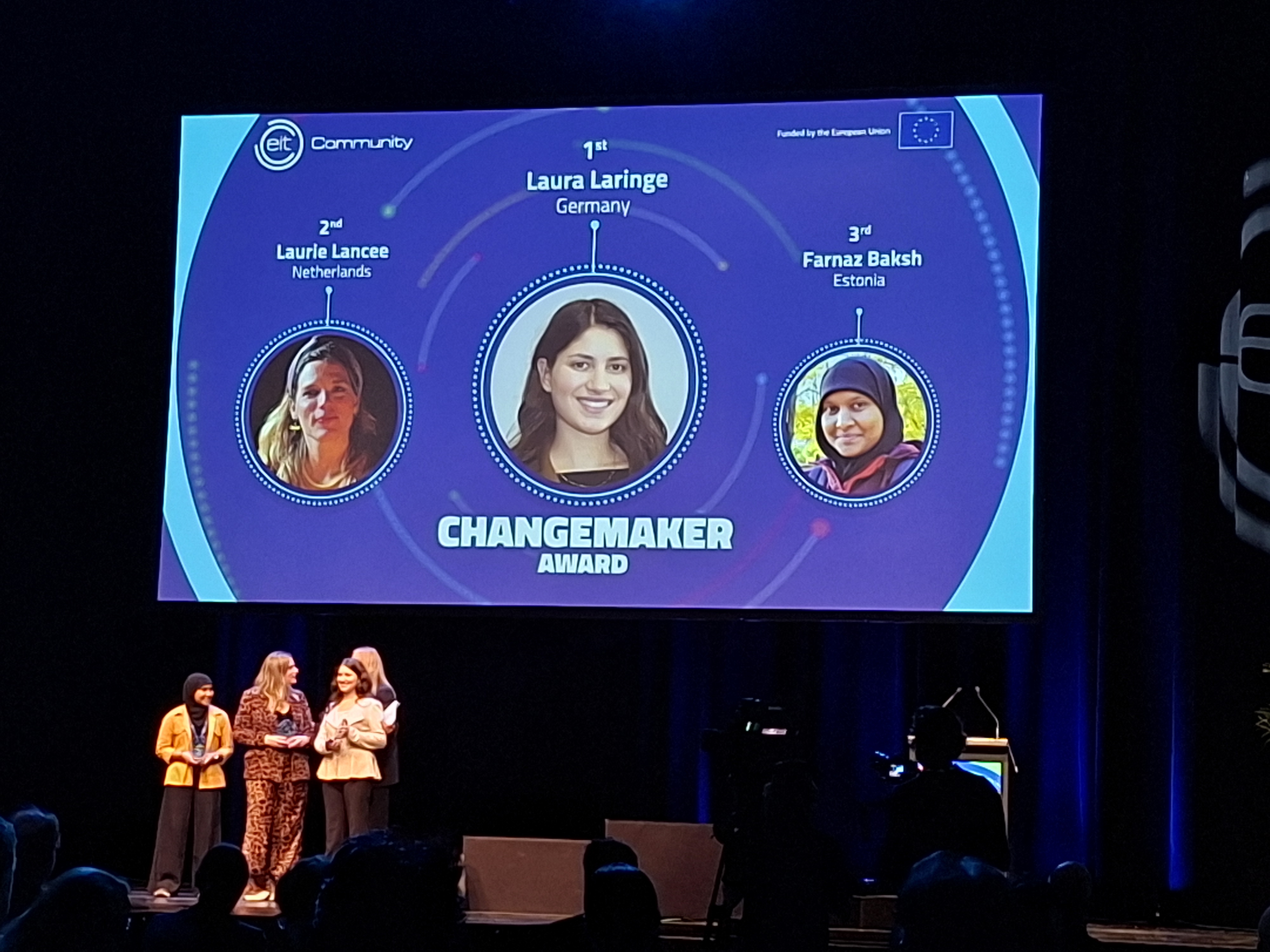
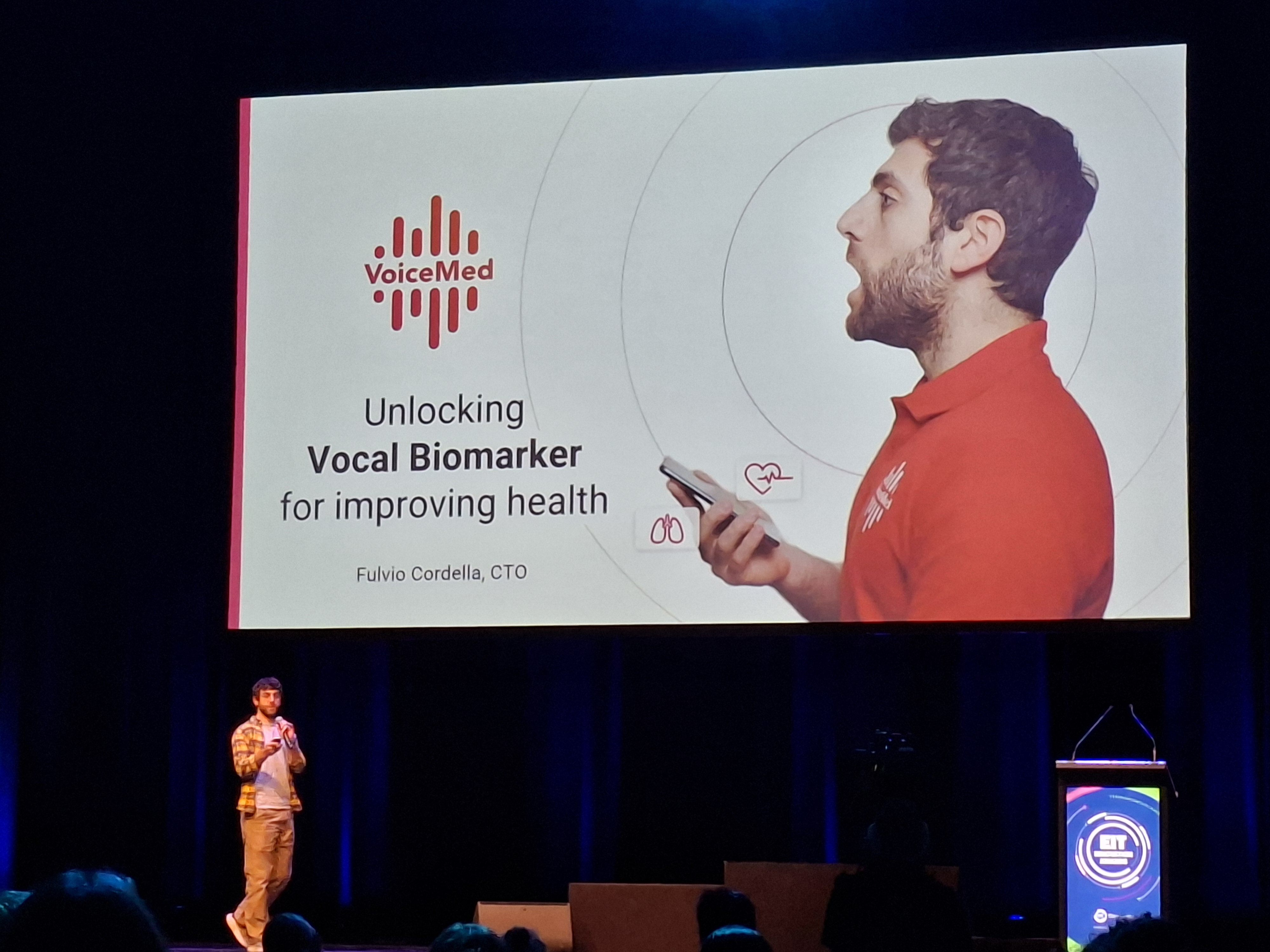
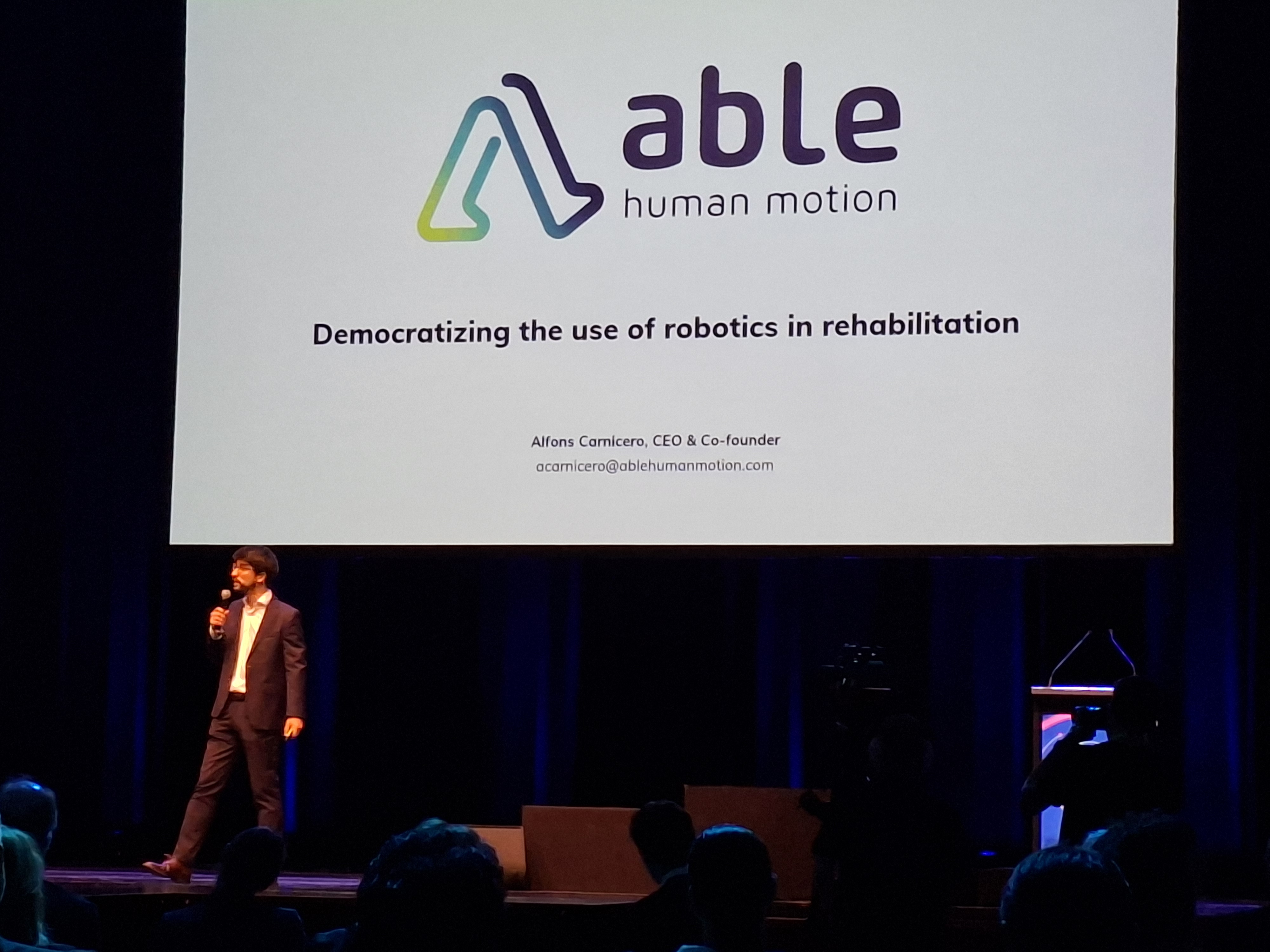
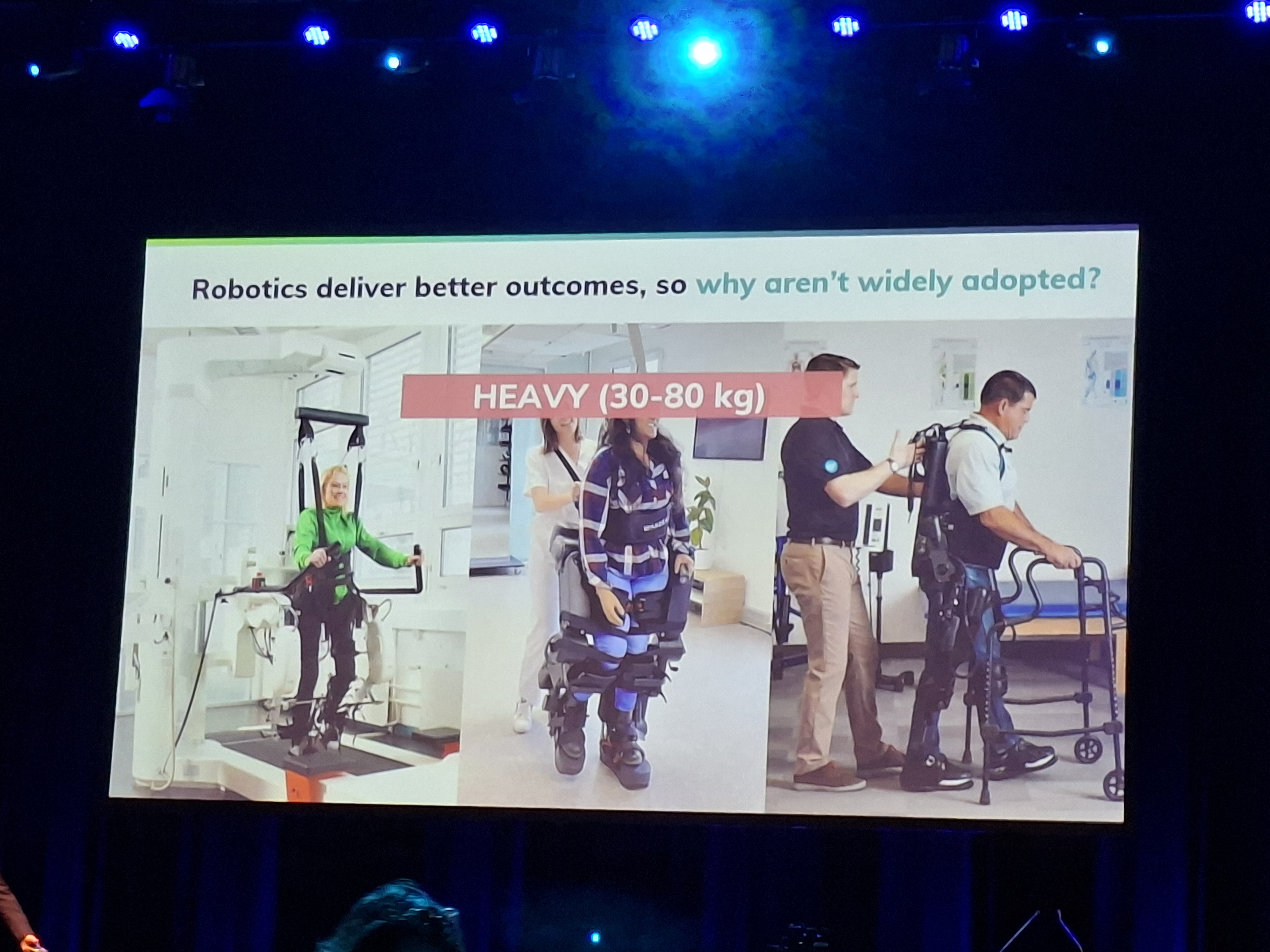
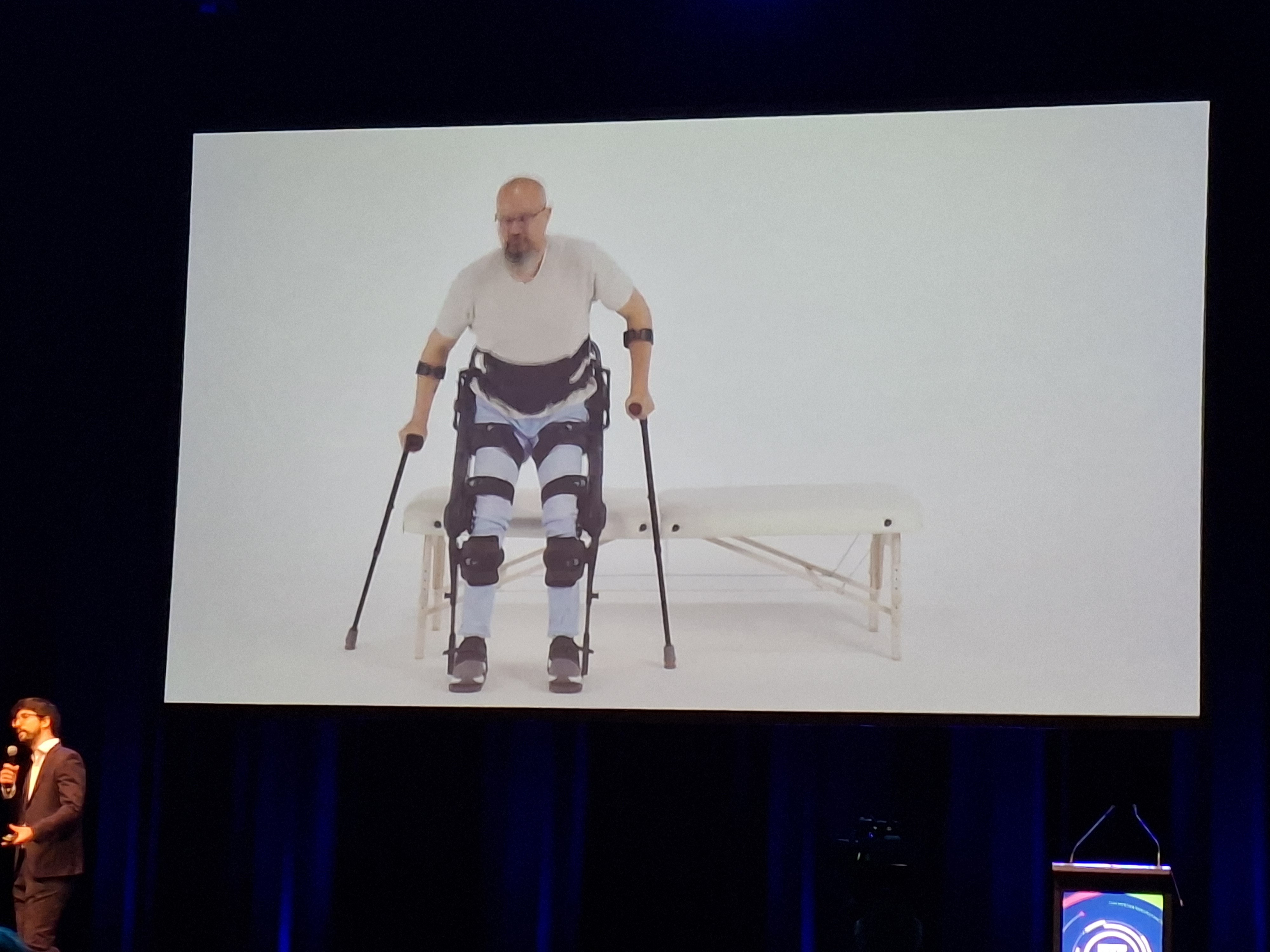
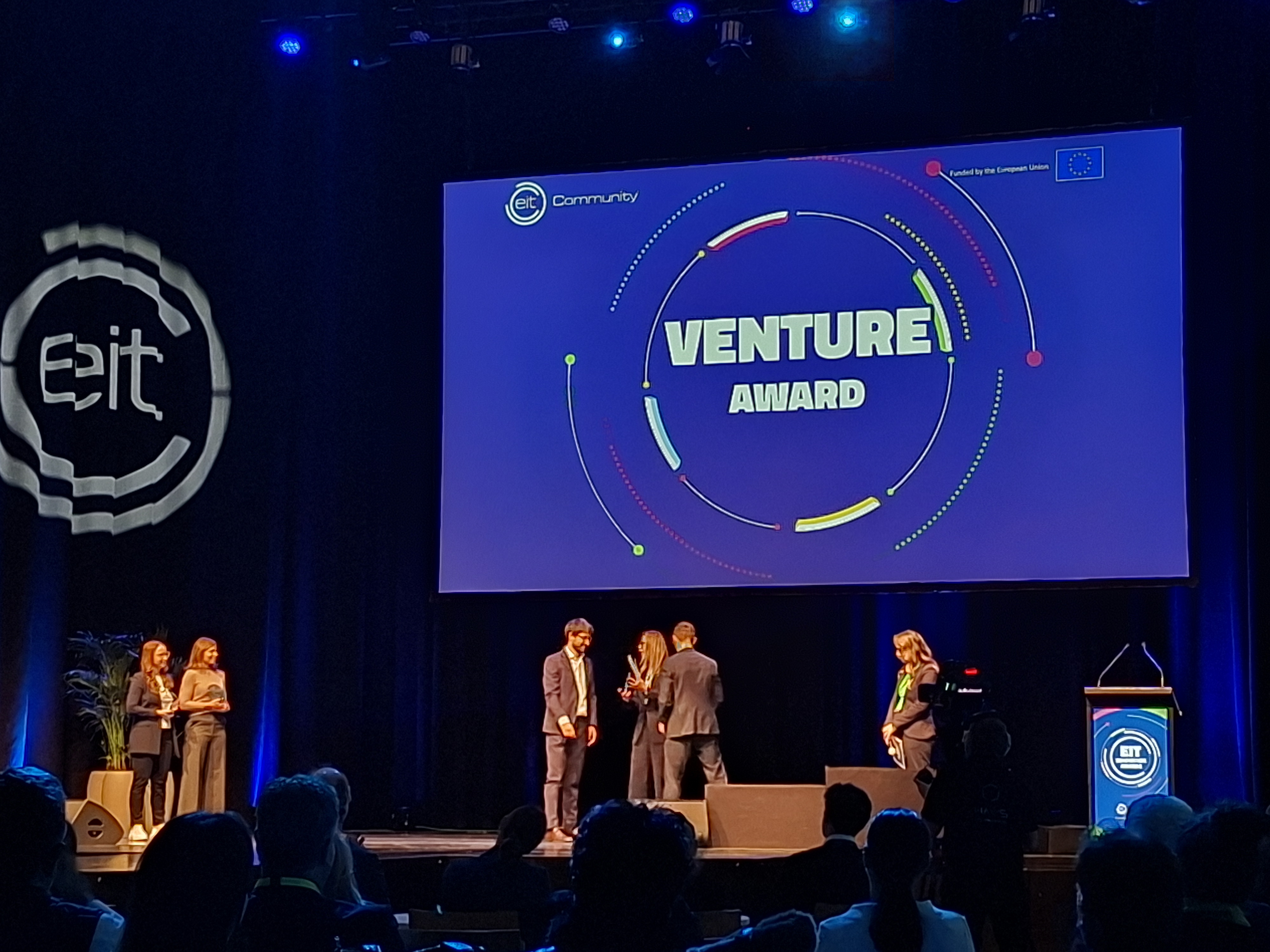
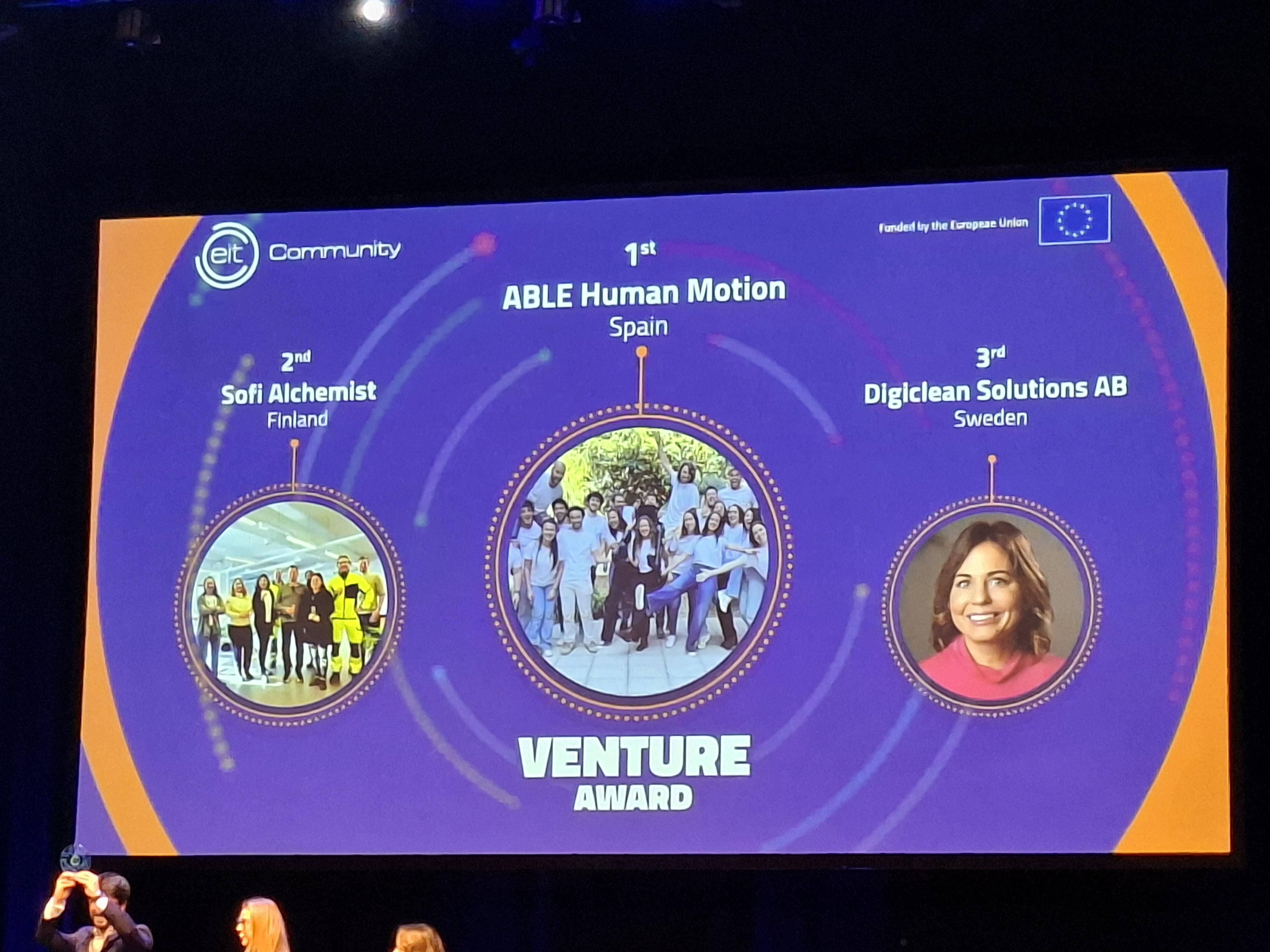
The Changemaker Award went to German entrepreneur Laura Laringe, co founder of reLi Energy. Her company uses intelligent software to extend battery lifespan and improve performance. Second place went to Dutch innovator Laurie Lancee. Third place went to Estonian researcher Farnaz Baksh.
The Innovation Team Award was won by AI Automated Industrial Analytics from Italy. The team built a human centred artificial intelligence system for industrial production lines. Second place went to the BRIGHT Project Innovation Team from Estonia. Third place was awarded to Italian startup VoiceMed.
The Venture Award went to Spanish company ABLE Human Motion. The company designs robotic exoskeletons to support rehabilitation and mobility. Second place went to Finnish startup Sofi Alchemist. Third place was awarded to Sweden’s Digiclean Solutions AB. ABLE Human Motion also won the Public Award based on a community vote.
In a short acceptance remark, Laura Laringe focused on urgency. “We are not just improving batteries, we are changing how energy is used,” she said.
Martin Kern praised the finalists publicly. “European talent can turn ideas into real impact when the right ecosystem exists,” he said.
What is more, Antoaneta Angelova Krasteva from the European Commission delivered opening remarks framing innovation as strategic.
“Startups and scaleups are at the heart of Europe’s competitiveness,” she said.
She also referenced the Union of Skills, an EU initiative that aims to build skills for quality jobs, upskill and reskill an agile workforce, and circulate skills across the EU.
Another highlight of the day was the signing of a new Memorandum of Understanding between EIT and the Government of Malta.
The agreement launches a pilot of the EIT Regional Innovation Booster in Malta from 2026.
The programme will provide funding, mentoring and international exposure to Maltese startups.
The EIT plans to allocate at least 30 million euro to the initiative by 2028. Martin Kern and Silvio Scerri of Xjenza Malta signed the agreement on stage.
The afternoon also featured a panel on investment. Olga Petrovic from Neofunction described fundraising realities.
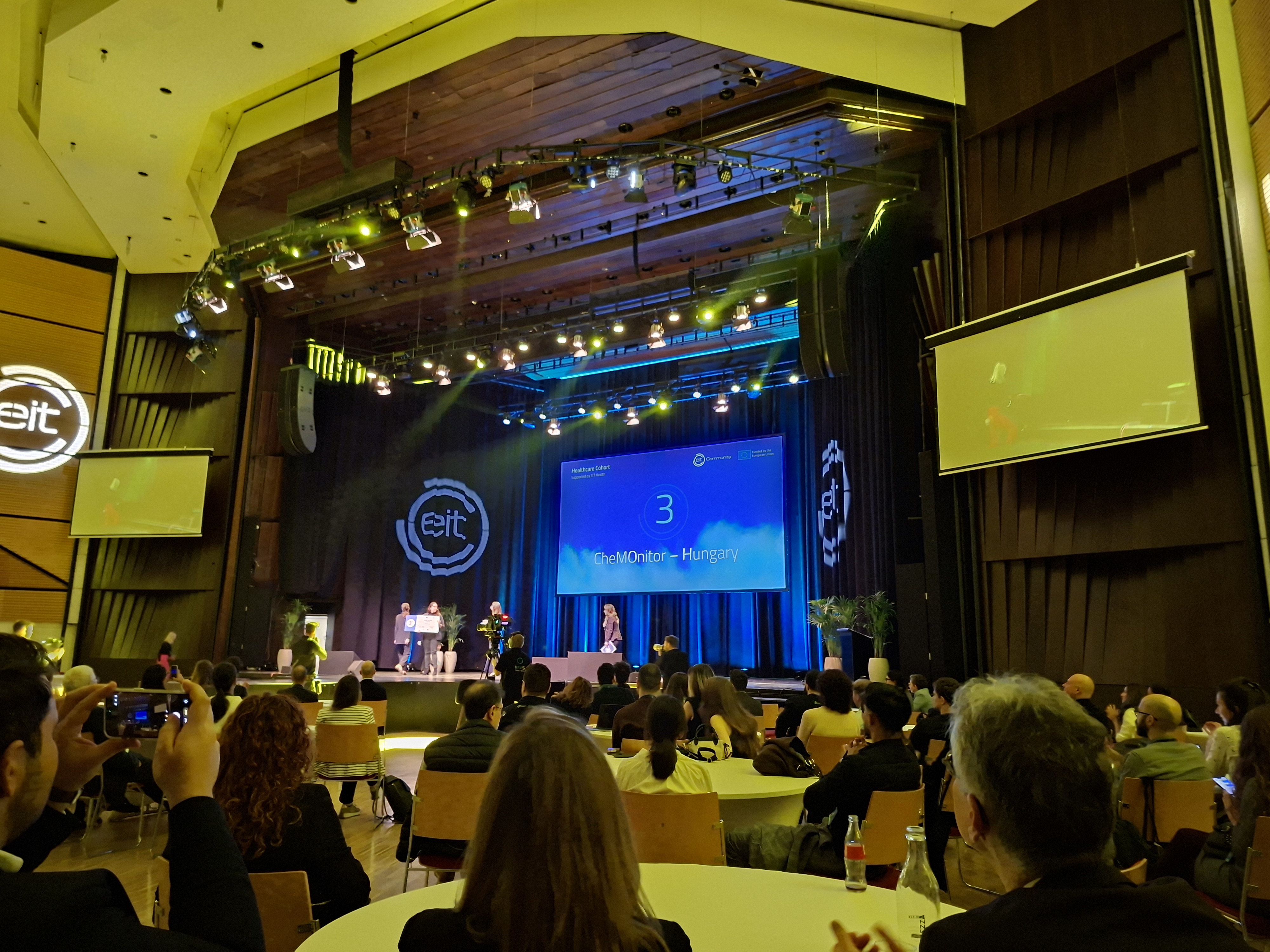
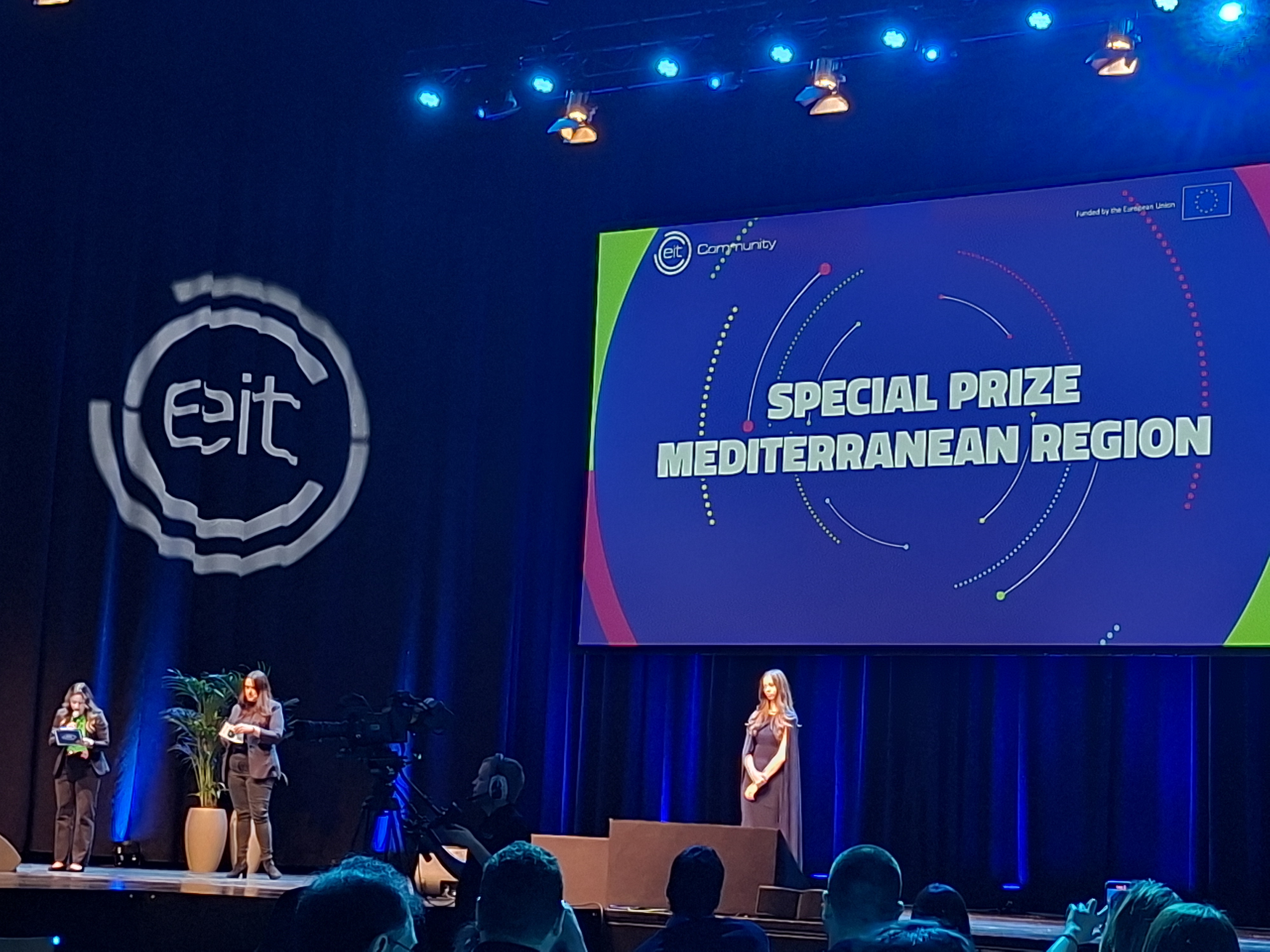
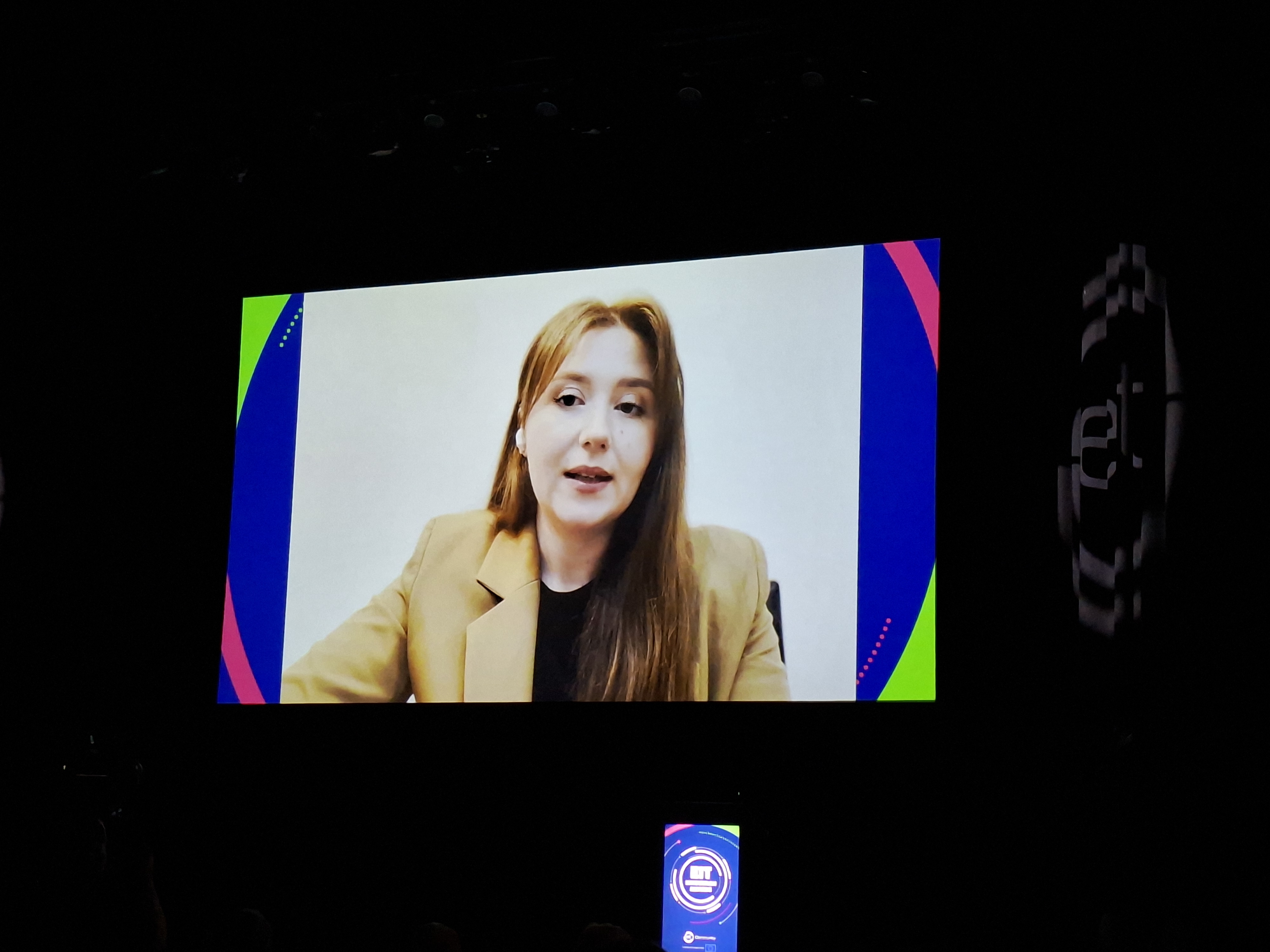
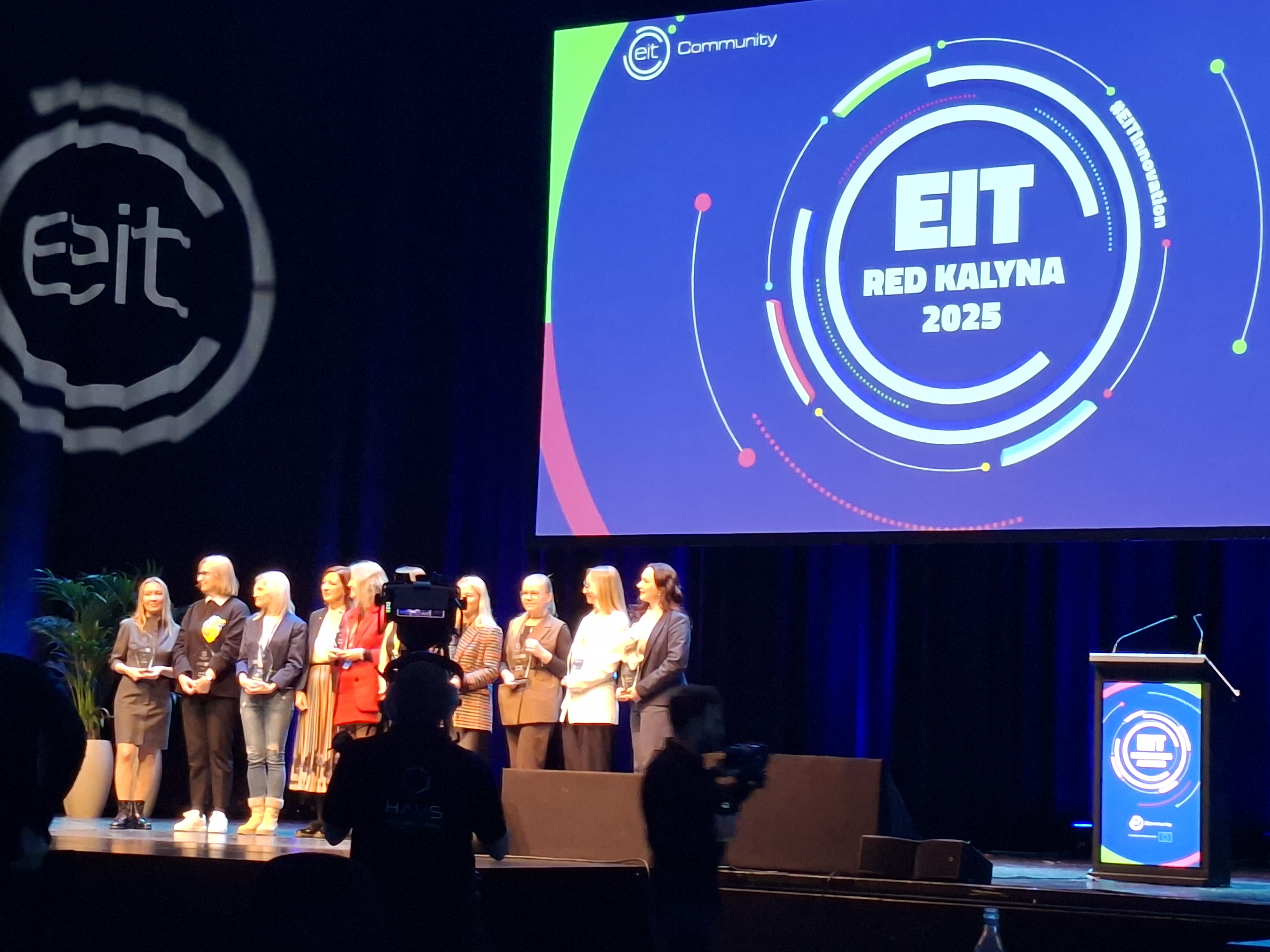
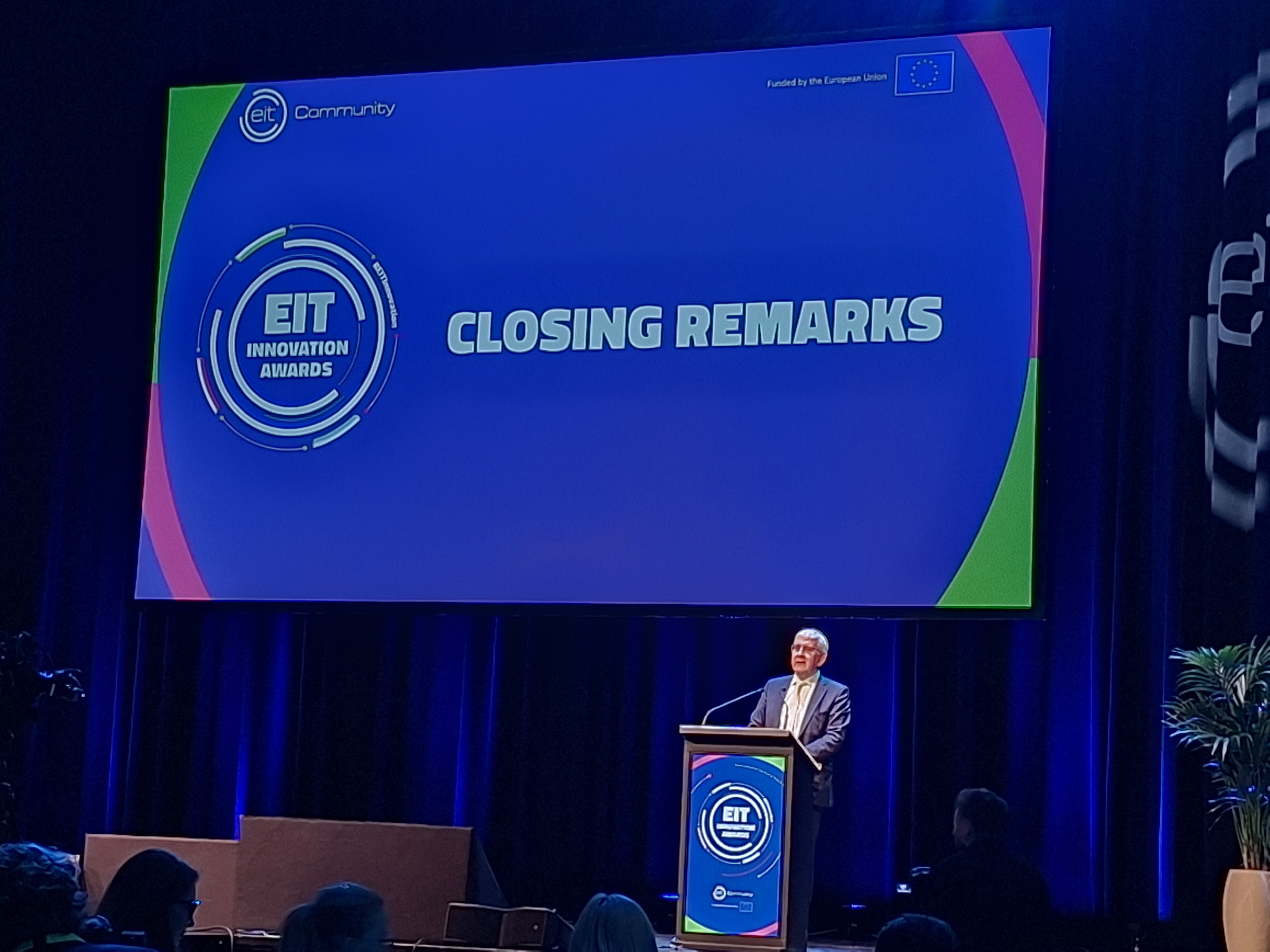
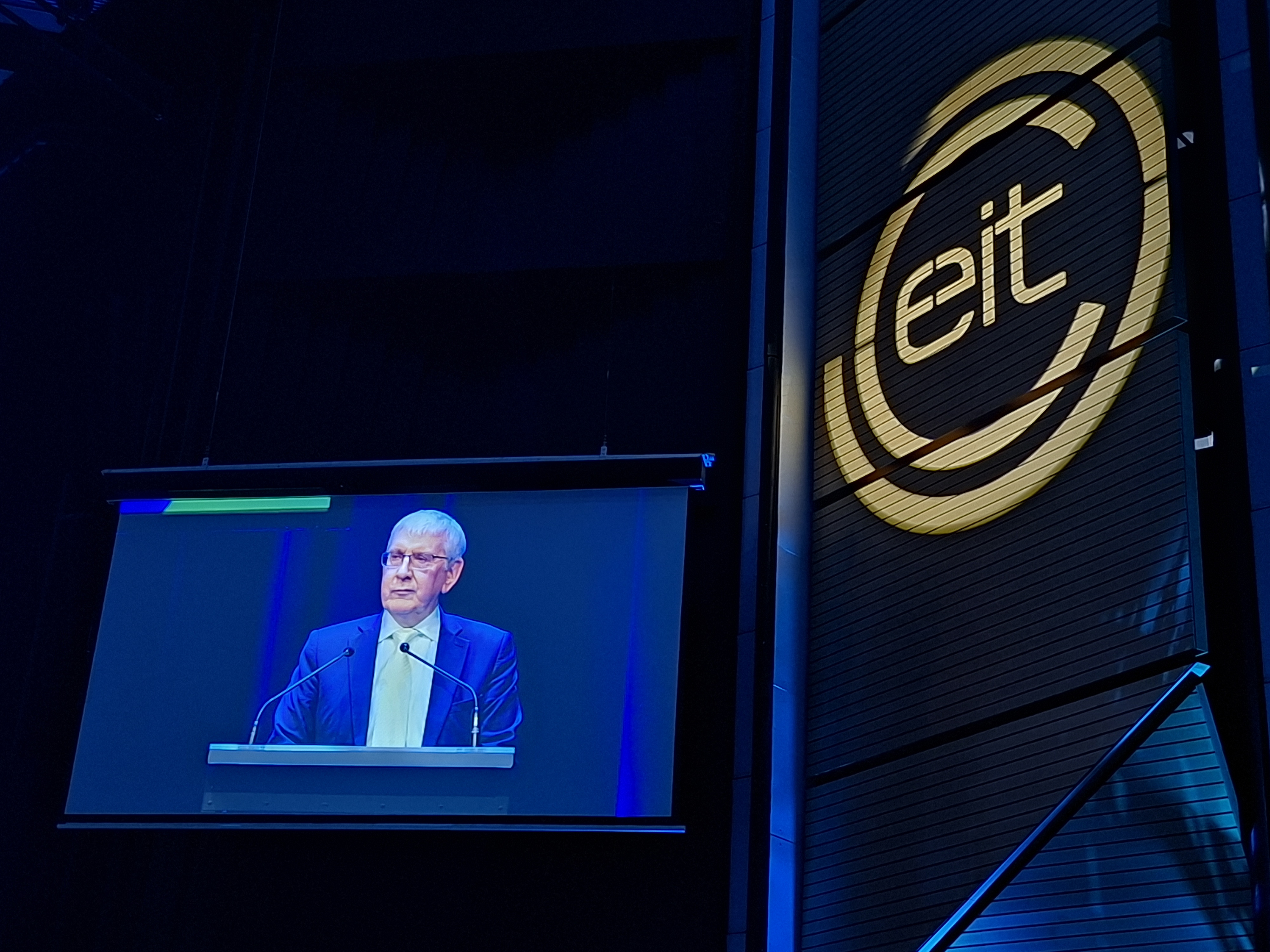
“Early stage companies live or die on investor confidence,” she said. She described hardware startups as especially vulnerable due to long development cycles.
Maite Fibla from Ship2B Ventures focused on impact investing. “Investors look for impact, return and risk in equal measure,” she said.
Ana Barjasic from Connectology raised concerns about bias in funding decisions. “Meritocracy does not happen automatically, it has to be designed,” she said.
She referenced a study by the European Innovation Council and the London School of Economics that uncovered biases in grant evaluation.
If you fund only the best storytellers from the biggest ecosystems, not the best ideas, you lose innovation, she explained.
The final part of the day belonged to the EIT Jumpstarter Grand Finale. Early stage startups from emerging regions competed across seven categories including health, energy and mobility.
Several teams from the Western Balkans, Mediterranean and outermost EU regions received special recognition.
The EIT Red Kalyna Awards honoured Ukrainian women innovators. Speakers paid tribute to entrepreneurs working under wartime conditions. Their message was resilience and continuity.
As the lights dimmed and conversations spilled into the networking cocktail, the mood was pragmatic but optimistic.
Europe knows what must be fixed. It also knows that it still produces people capable of fixing it. The talent is here. The challenge remains scale, funding, speed and courage.






Click here to change your cookie preferences